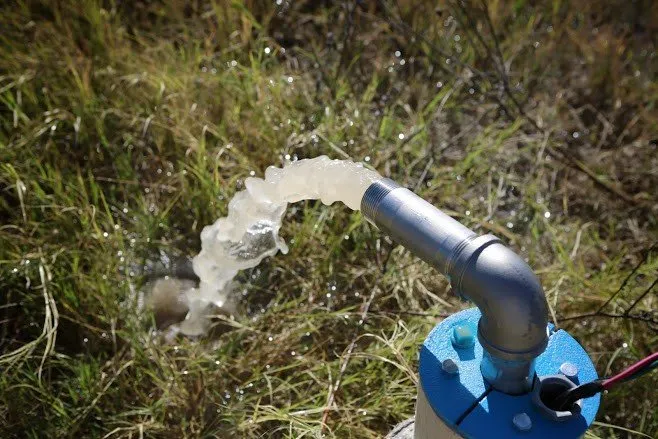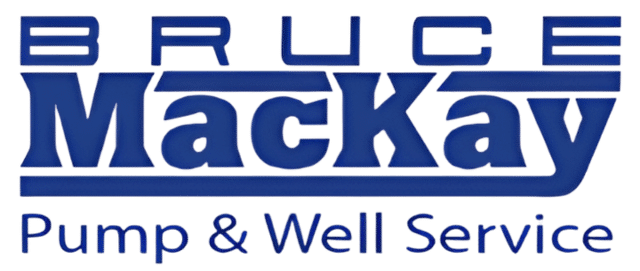
An Unwell Well? Tips For A Safe, Plentiful Private Water Supply
The ability to get safe, potable water from deep within the ground has made it possible to easily populate areas that lack sufficient rainfall or an available freshwater source. Without good well-drilling technology, areas like northern Nevada would be much harder to settle in.
Today, water is routinely taken from underground rivers and reservoirs and pumped to the surface for potable water. While widely considered safe, this water can become contaminated in a variety of ways. If you are a private well owner, this information will help you protect your well water supply from risks and ensure that it will continue to remain safe for your family to drink and use.
Possible Contaminants Found in Groundwater
While rare, contaminants can exist in the underground water supplies from which private well water is pumped. These can include chemicals, heavy metals, and biological pathogens. What contaminants you could find depends on your area, so make sure to check with your local experts, both in the private sector and in your local health department, about potential problems.
Regular Testing Helps Detect Contaminants
The rate at which groundwater supplies receive incoming water is an important factor in whether it will contain or develop an unhealthy level of contaminants. Periods of excessively heavy rainfall, especially those that lead to flooding, can easily result in a higher risk of or contamination.
Floodwaters often contain bacteria and viruses from contact with human or animal waste, as well as chemicals, metals, petroleums, and pesticides from agricultural or industrial sites.
Since most groundwater contaminants do not change the appearance or leave a discernible taste, private well owners should test their water on a regular schedule to ensure it is safe. Suggested testing timeframes are:
Bacterial testing on an annual basis to detect E-coli, coliforms, and viruses
Chemical testing every other year to detect metal and nitrate levels
Additional testing after instances of flooding or if the home has tested positive for radon
Water testing is one of the services provided through water well service companies. In addition, homeowners can opt to purchase testing kits and submit the sample to an approved laboratory.
Importance of Well Component and Infrastructure Condition
Another factor in making sure that the home water supply is healthy is the condition of the well’s components and infrastructure. Corroded or cracked well casings, faulty check valves, and several other condition factors can increase the risk that contaminants will be introduced into the water supply.
Homeowners who rely on private water wells to supply their homes can benefit from having their well inspected regularly by a professional well service. In addition to making sure that the mechanical components are in good condition with little risk of failure, this type of inspection can look for problems within the structure of the well that could raise the risk of contamination.
Proactive Measures Limit Contamination Risks
Water well owners may also want to take steps to protect their families against any future contamination risks. This can be done by installing some type of filtration component on existing water wells. By filtering all the water coming into the home, contaminants are effectively removed before the water is consumed or used by the occupants of the home.
In addition to filtration, treatment options can include the use of ultraviolet light or sanitization practices similar to those used by public water wells.
At Bruce MacKay Pump & Well Service, we understand the importance of a healthy, safe well and home water supply. If you’re a homeowner and you have questions or concerns, contact us for expert advice on installing, using, and maintaining private water wells. We’re happy to help you.
